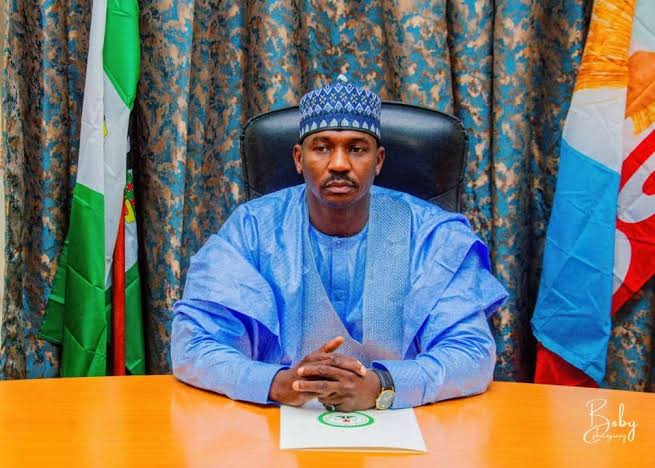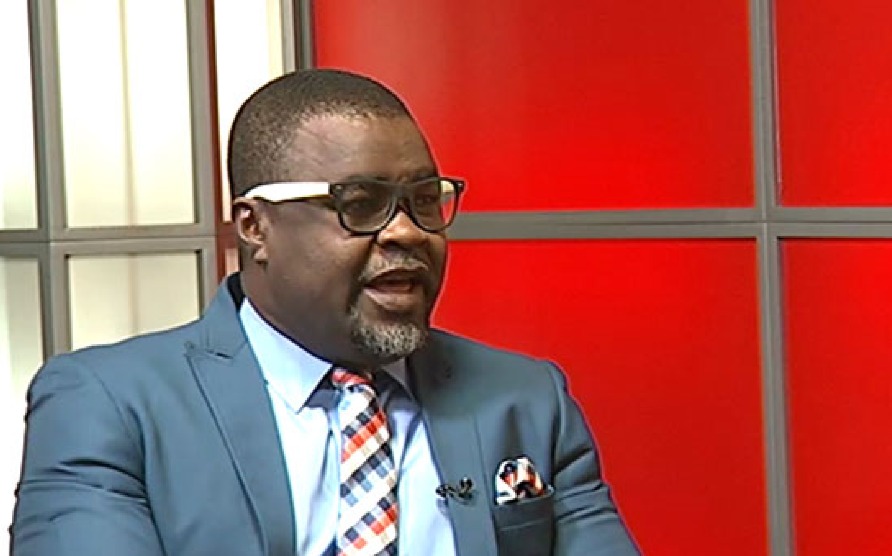Does the world really revolve around America’s interests? This question has been debated for ages, and Donald Trump, as the 45th president of the United States, certainly added new dimensions to the conversation.
With his America First policy, Trump is widely perceived as promoting a selfish, insular agenda, while he himself sees it as a strategy to rebuild the United States and restore it to its highest potential. His administration’s policies have reshaped the global landscape, influencing immigration, trade, and international relations in ways that continue to have lasting ripple effects.
In the days ahead, it will be interesting to see how America under Trump positions itself within the global community. The U.S. may no longer be the open and accommodating refuge it once was for global citizens. While it continues to extend assistance and aid to foreign governments, this approach contrasts with expectations of being welcomed as a dominant force in world affairs, given its military, economic, and cultural influence.
The “Japa” Phenomenon and Its Implications
One of the direct consequences of America’s evolving immigration policies is the impact on nations like Nigeria. The recent addition of Japa to the Oxford English Dictionary reflects the growing trend of Nigerians seeking better opportunities abroad. The term encapsulates a movement driven by economic instability, lack of opportunities, and political uncertainty.
Trump’s stringent immigration policies—including mass deportations, tightened border controls, and economic protectionism—are making migration to the U.S. far more challenging. This, in turn, should force many Nigerians to rethink their approach to seeking greener pastures. Should Nigeria’s political class not take this as a wake-up call? With the easy alternative of Japa being closed off, it is imperative to make Nigeria more livable and prosperous for its citizens.
Reciprocity and Retaliation in Global Politics
As America turns inward, other nations are responding in kind. We have seen reciprocal tariffs, strong-arm tactics, and immigration crackdowns by countries seeking to protect their own interests. For Nigeria, the lesson is clear: governance must shift towards prioritizing the welfare of citizens rather than allowing them to flee in droves.
The persistent failure of African leadership has encouraged Japa as an escape route. However, what happens when that route is no longer viable? Will Nigerian leaders finally take responsibility and implement policies that make home a place worth staying in?
A Call for “Nigeria First”
If America can embrace America First, should Nigeria not champion a Nigeria First agenda? Can we build a system where governance is truly about the people rather than personal enrichment?
As part of the effort to make Nigeria an ideal place, professional organizations must take on greater moral responsibility. For instance, associations like the Academic Staff Union of Universities (ASUU) and the National Judicial Council (NJC) can play a vital role in promoting responsible leadership. Their involvement in monitoring and adjudicating election matters can significantly enhance credibility, fairness, and transparency in the electoral process.
One effective approach would be for these organizations to provide independent reports that expose instances of electoral misconduct among their members. By recognizing and rewarding those who demonstrate integrity and professionalism during elections, they can encourage ethical conduct.
At the same time, they must hold accountable those who engage in unethical behavior by publicly highlighting misconduct and enforcing appropriate sanctions. This commitment to transparency and accountability will strengthen governance and foster a culture of integrity in Nigeria’s democracy, ultimately contributing to national development.
America’s Role: Beyond Financial Aid
As America continues to play the role of a global big brother to nations like Nigeria, its involvement should go beyond providing financial or material aid—resources that too often end up being misappropriated for personal gain. Instead of merely respecting national sovereignty—an argument frequently exploited by oppressive governments to shield themselves from scrutiny—America should take a more active stance against regimes that subjugate their citizens and violate fundamental rights.
A more effective approach would be for the United States to consistently call out bad governance and political leadership, applying necessary sanctions where needed. This would not only deter authoritarian practices but also reduce the need for citizens to seek refuge elsewhere, including in the U.S.
The truth remains that Africa is not too young to manage its affairs. The continent is rich in resources and potential—it simply lacks the right leadership to harness them effectively. Were it not for the stranglehold of corrupt and self-imposed leaders, often propped up by more powerful foreign interests, African citizens would be fully capable of recognizing and installing effective leadership that serves their best interests.
Rather than viewing Trump’s stringent immigration policies as a rejection of globalization and a multi-polar world, such policies should be strategically designed to target the enablers of oppression. Instead of shutting the doors on those fleeing persecution, global powers should focus on holding oppressive regimes accountable, ensuring that citizens are not forced to escape their own countries in search of dignity and a better life.
Conclusion: A Challenge for Nigeria
The challenge for Nigeria is clear: political leadership must create an environment where citizens no longer see fleeing as the best option. The nation must move beyond rhetoric and take tangible steps to improve governance, security, and economic opportunities.
Only then can we counter the Japa syndrome and foster a culture of homegrown success and national pride.
Gatekeepers News is not liable for opinions expressed in this article, they’re strictly the writer’s









